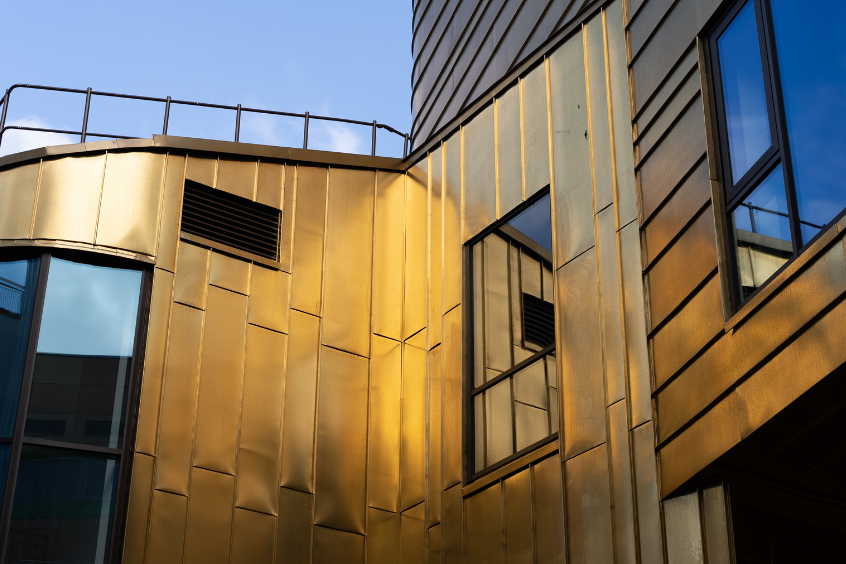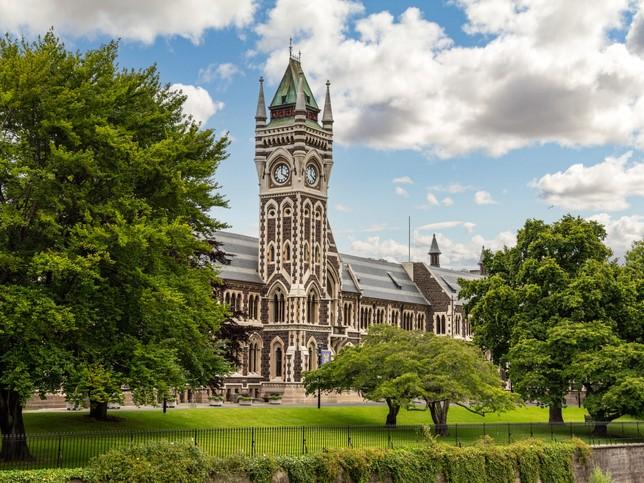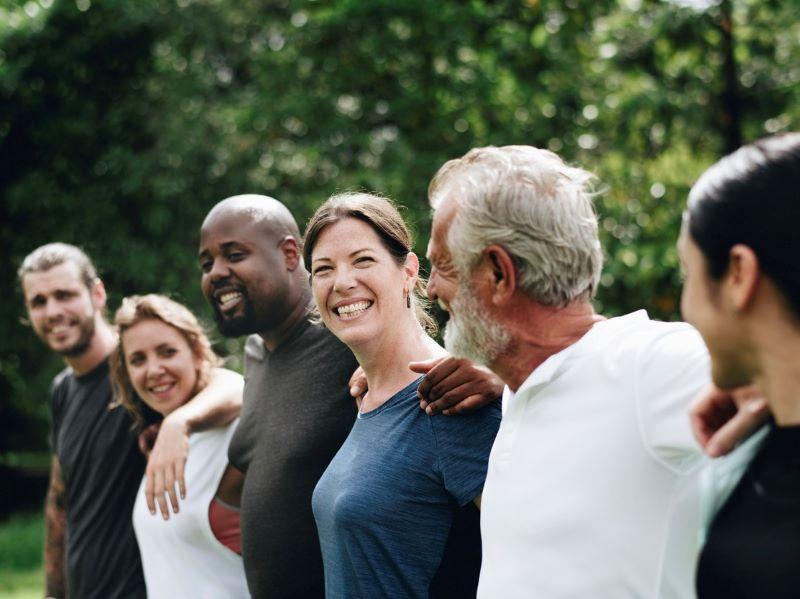A disused outbuilding was an obvious place to kick-start the redevelopment of London School of Hygiene and Tropical Medicine’s (LSHTM) campus, an overhaul that had been 10 years in the planning. However, our Tavistock Place site (see above) sits in a residential area surrounded by homes and businesses, on a busy road and cycle route.
So, how to demolish such a building in the heart of Bloomsbury, and build something new and fit for purpose, without disrupting the lives of our local community?
As a public health university with staff, students and partners working to improve health worldwide, we need flexible, sustainable and hybrid working spaces. LSHTM has been devising and implementing its ambitious masterplan over the past decade. We knew that poor engagement could set the project off on the wrong foot, causing planning delays and additional costs. Getting it right from the start would be essential.
Here are our top tips:
Prioritise community engagement early
Understanding your neighbours – what drives them and what upsets them – is an essential foundation for any development in a built-up area. Some saw a “them and us” culture after previous local building projects had caused disruption. We needed someone with the skills to rebuild trust and involve them from an early stage.
- Campus podcast: how technology is reshaping the 21st-century campus
- THE Awards 2024 spotlight: learn from the best in UK and Irish higher education
- How to use campus design to nurture a culture of belonging
A crucial part of the solution for LSHTM was to bring a specialist community engagement consultant into our team. Vicky Ratcliffe of Engage Involve has worked with LSHTM since 2014 when plans for the new building in Tavistock Place were still in development. Vicky worked to build trust, getting to know the community, often over a coffee and chat; building an understanding of how their needs often contradicted or conflicted with each other; providing mediation, solutions and regular communications; translating jargon-filled information; and representing the interests of the local community on the project team.
Commit to genuine engagement and manage expectations
The planning process can be complex and time-consuming, but disingenuous engagement will make it considerably harder. Your organisation must commit to open and honest engagement, not just informing the community as a “tick-box exercise” but involving them at all stages of your design, planning and construction. For a team of estates professionals, this was essential not only to minimise delays and costs but to build the foundations for a sustainable relationship with the community we work in. This would have a lasting impact on our estates masterplan for years to come.
A good community engagement consultant can guide you through consultation at the design stage, managing the expectations of local people while ensuring their voices are represented in your final plans. They can ensure local people understand and contribute to statutory elements imposed by the local authority. Scrutiny from our community group picked up potential issues before they escalated, which helped keep the project on track.
Be ready to adapt – and don’t forget about the community
Vicky convened a group of community representatives and neighbours to form a community liaison group (CLG). The CLG met regularly to discuss plans, access representatives on the project, and raise questions and concerns. But you must be proactive and engage in ways that suit your community. When Covid-19 hit (just as the contractor was starting demolition), we quickly shifted the CLG meetings to video-link to ensure community representatives still had the opportunity to scrutinise our construction methods. Suddenly our neighbours were stuck in their homes. With Vicky also at home, the relationships she had built meant she was able to offer support in this new, virtual way.
You might need to provide extra check-ins and modes of communication, but our experience is proof that even in the face of challenges, a CLG can go from strength to strength.
Listen, learn and make sure engagement is genuinely two-way
Our design partners, BMJ Architects, created a way of maximising the boxed-in site to create light and airy working space for research and professional services staff. Within LSHTM, staff were consulted in the design process. Local residents meanwhile were facing the prospect of major disruption for three to four years. Living in central London, they were used to building works in the area, but these were very close. Unlike staff, they didn’t have the prospect of one day benefiting from the new building.
Before the planning application had even gone in, Vicky sent an invitation to 8,000 local addresses to view drawings and a specially commissioned model through consultation workshops, community events and online. It is vital to see your local community as an asset, not an obstacle, filled with knowledgeable people who can contribute from a different viewpoint, making your project stronger for it.
Remember why this matters
As an estates team we must not forget we exist within a community with a strong pride in their local environment. Allowing ourselves to be accountable, leaving egos at the door and enhancing the area rather than imposing on it has meant that today we are working on the next phase of our Tavistock Place development with the overwhelming support of our local community. Buying in the right skills and allocating appropriate resources to community engagement has saved time and money; building relationships and reputation in the process has created a community environment as sustainable as the teaching spaces we build.
John Starmer is director of estates at the London School of Hygiene and Tropical Medicine (LSHTM). Vicky Ratcliffe is a community engagement consultant at Engage Involve. LSHTM’s TP2 rebuild and refurbishment project was shortlisted in the Outstanding Estates Team category in the 2024 THE Awards. A full list of nominees can be found here.
If you would like advice and insight from academics and university staff delivered direct to your inbox each week, sign up for the Campus newsletter.




comment